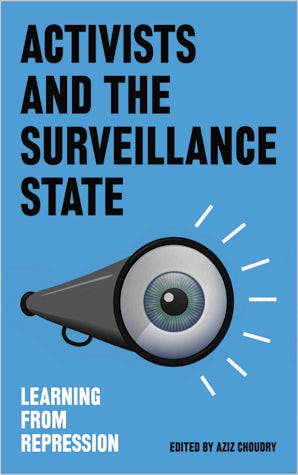Aziz Choudry
Thu, 07 Mar 2019, 16:00
University of Nottingham, Nottingham, Jubilee Campus, University of Nottingham, Wollaton Rd, Nottingham, NG8 1BB
Event at Nottingham University Business School
The use of secret police and security agencies to disrupt and undermine political opposition to the prevailing social political and economic order has a long history (e.g. Serge, 2005). Many of today’s policing and state security policies, practices and concepts have their antecedents in counter insurgency techniques in colonial regimes tested against earlier anti-colonial/independence struggles. So too, over time, many forms of political dissent, activism and social movements in liberal capitalist democracies have been constructed as ‘extremism’ and threats to ‘national security’.
Some writings on surveillance reproduce an overdetermined sense that state repression inevitably only chills and crushes dissent. Yet this is a partial understanding. There are, and have always been people for whom state surveillance is not only an everyday part of life, but also those who have resisted it in the course of struggles for liberation and social, economic political and environmental justice. Key features in resistance to state spying and repression have been collective organising, activist research and political education. This can break the isolation, fear and alienation, divide and rule strategies exercised by state power.
This presentation draws from my recent edited book, Activists and the Surveillance State (Pluto, 2019), which grapples with the social amnesia that sometimes exists within progressive political milieus and broader publics about the longer histories of ‘national security’ and political policing, questioning these practices in and across ‘liberal democracies’ including Aotearoa/New Zealand, Australia, Canada, South Africa, the UK, and the US.
This is a free student led event
For more information contact:
[email protected]
[email protected]


